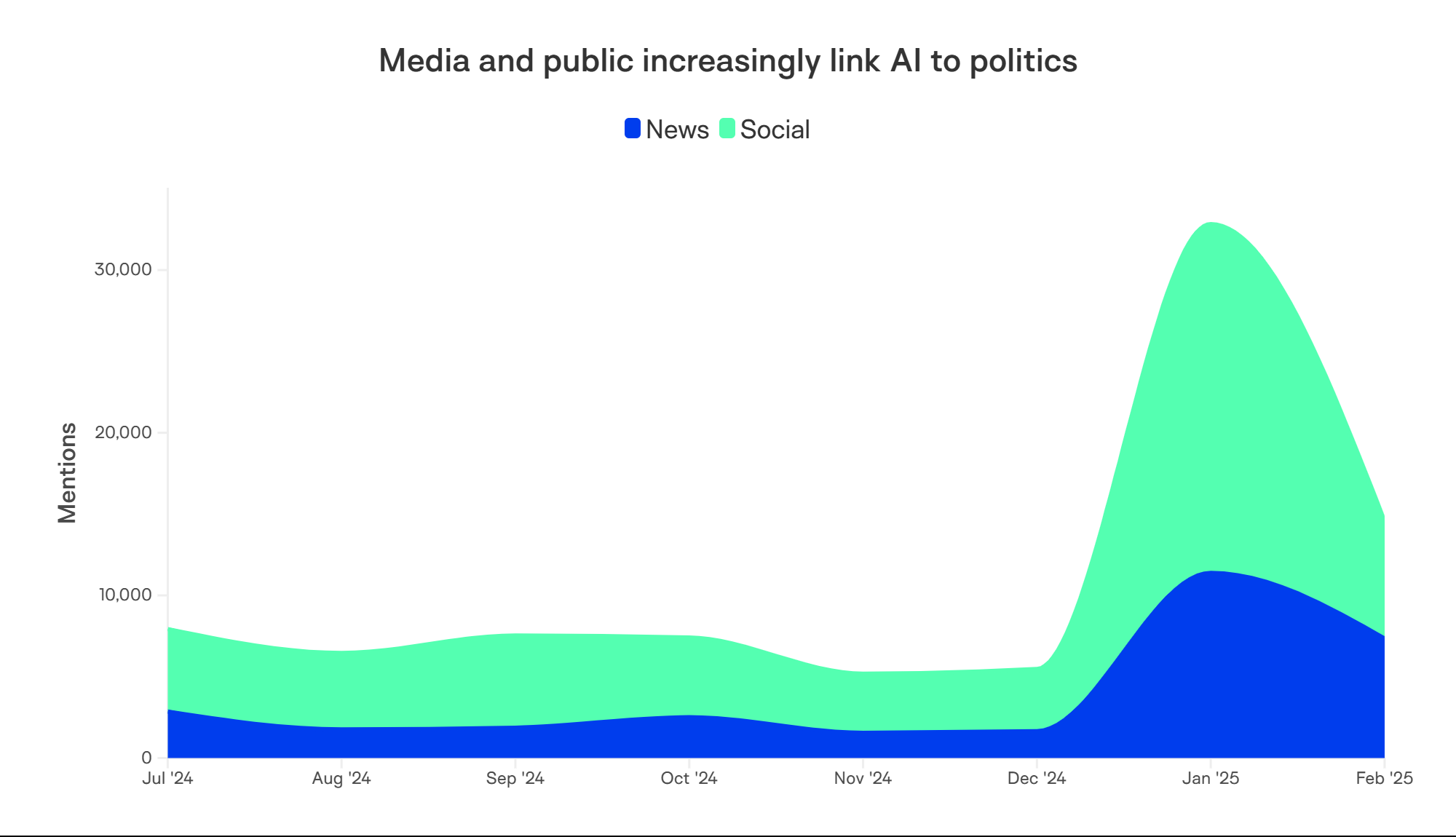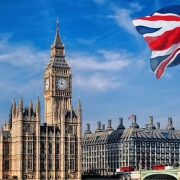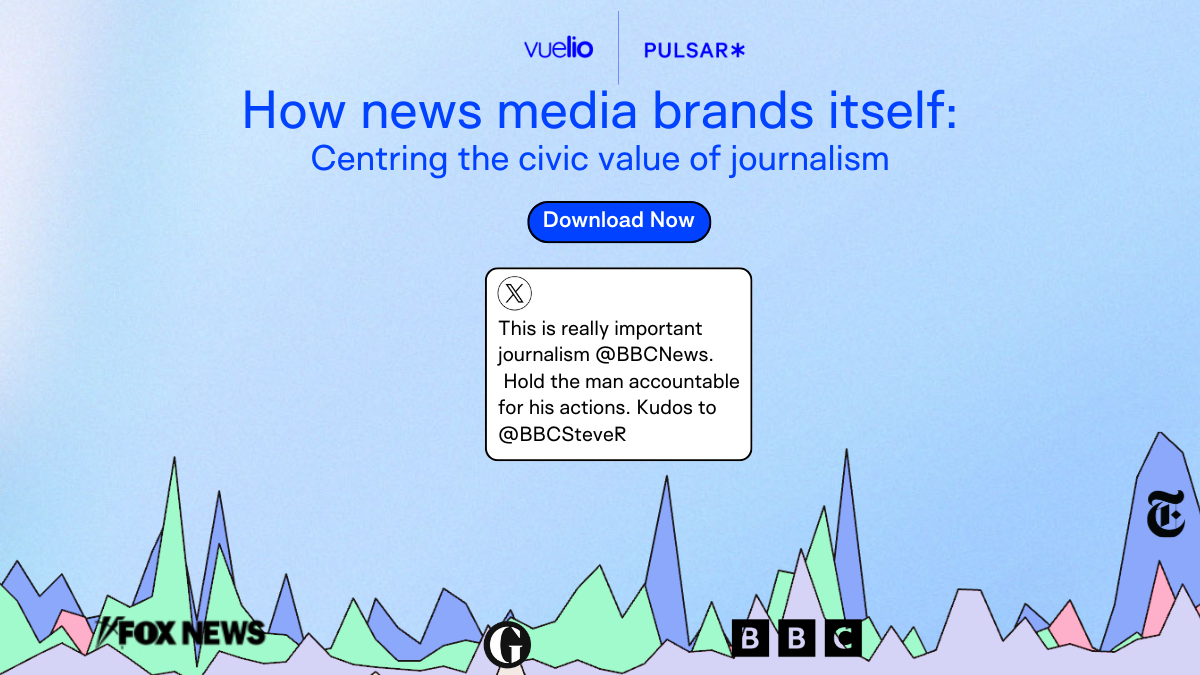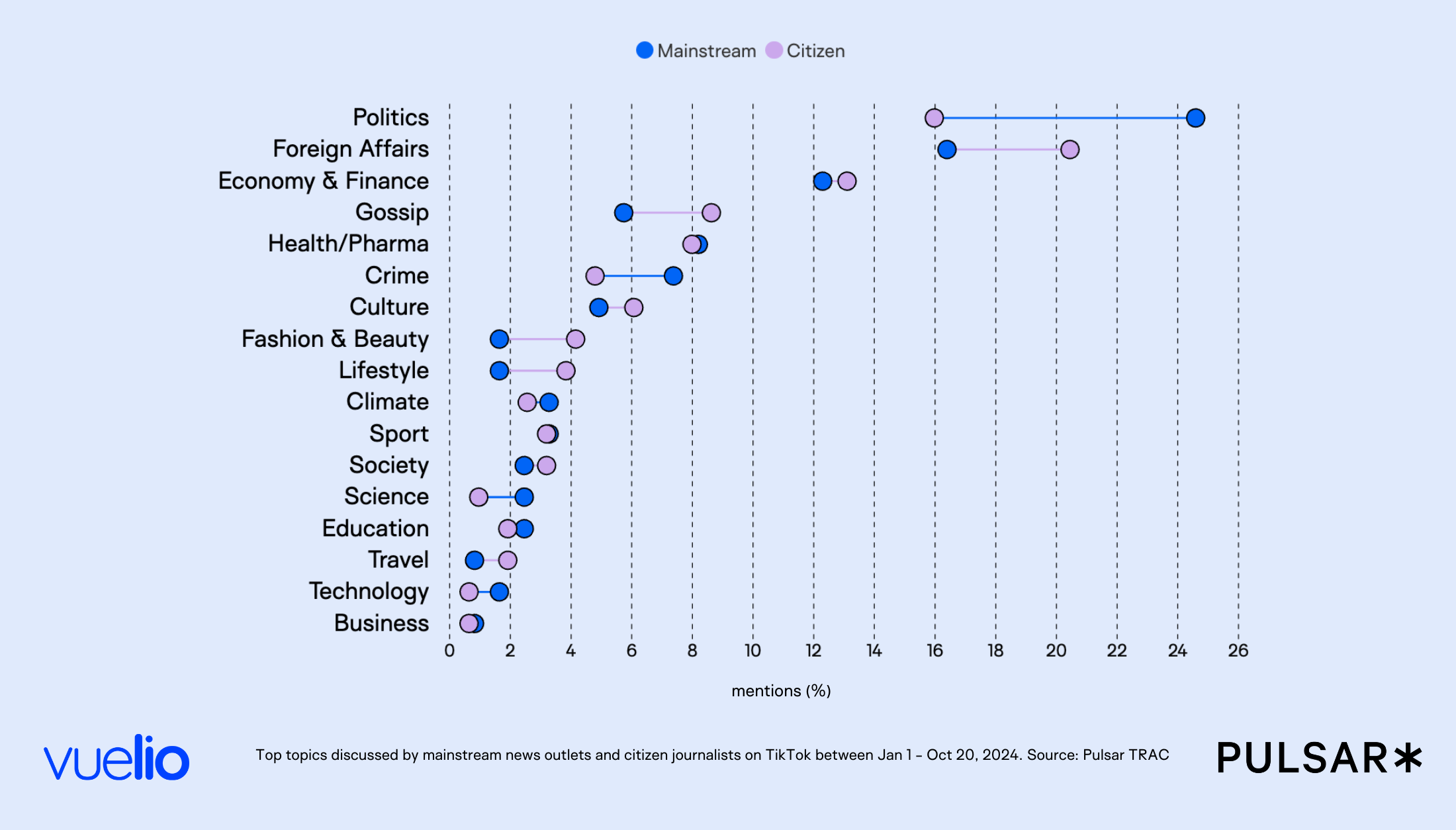The Conservative leadership candidates have all given their pitch to the party hoping to succeed Rishi Sunak. The last time Conservative members chose their leader, they went for Liz Truss. This time the choice will not be as consequential for the country, as they will be taking the position of Leader of the Opposition, rather than Prime Minister.
While not being as significant to the country, it is of vital importance to the party as they are at somewhat of a crossroads in terms of their long and storied history. They are coming off a historic defeat at the General Election and now have only 121 MPs. Labour is attempting to blame the previous Government for everything they can. The Liberal Democrats and Reform both enjoyed significant electoral success against the party at the election as well. Whoever is chosen has a big task on their hands.
Tugendhat
Emerging from a sea of foam fingers and Tom Tugendtote bags, Shadow Security Minister Tom Tugendhat was the first of the candidates to take to the main hall stage at this year’s Conservative Party Conference and give his leadership pitch. In a nod to his background as a former soldier, Tugendhat’s speech was largely values-driven, emphasising the importance of integrity towards – and service to – both the party and country alike. While his decorated military experience precedes him, Tugendhat certainly has the least government experience of the four leadership hopefuls. With less than two years serving as Security Minister under former Prime Minister Rishi Sunak, Tugendhat played to his time in the military, saying that this showed him what true leadership is, and he promised to ‘lead with conviction and [to] act decisively’. He also justified his comparatively shorter time in management around the cabinet table claiming that he is ‘not here to manage, but to lead.’
Echoing the sentiment of the conference’s slogan ‘Review and Rebuild’, Tugendhat’s speech stressed the need to rebuild the party and restore the trust of the British people. He also vowed to rebuild CCHQ, and turn the Conservatives back into a ‘campaign-winning machine.’ Global security is a priority for Tugendhat. He values Britain’s position on the global stage and said the Conservatives have long been a party to fight for freedom, ‘united’ against threats the UK has faced. Migration, healthcare, the economy, and energy were also key areas of focus in his speech. He pledged to introduce an effective deterrent for migration, including a legal cap at 100,000, while on health and energy he vowed to strip excessive regulations in the health system and never to allow the UK to be dependent on ‘tyrants’ for energy.
This week also saw the Shadow Security Minister hit out at rival Robert Jenrick who used footage of one of Tugendhat’s former comrades in a campaign video. Jenrick published the video to make the case that the UK needs to withdraw from the European Court of Human Rights (ECHR), claiming it forces the SAS into ‘killing rather than capturing terrorists’. The video contained footage of British soldiers in combat, one of whom Tugendhat knew from his time in Afghanistan, and who has since passed away. Tugendhat took to BBC Newsnight to express his anger at Jenrick’s comments, stating that it shows a ‘fundamental lack of awareness of military operations’ and urging Jenrick to ‘pull [the video] down’. He also said that it was ‘particularly upsetting’ that his friend had been used in vain, unable to have the opportunity to defend himself. Tugendhat’s own stance on ECHR is somewhat reminiscent of David Cameron pre-Brexit referendum in that he suggested ‘[opting] out of the bits you can, reform the bits that aren’t working, and if that doesn’t work, be prepared to leave’.
While Tugendhat is popular among the public, with a recent poll placing him in the lead among The Independent readership, his prospects at Wednesday’s third ballot may not yield such positive results. According to a recent YouGov poll, Tugendhat is trailing behind, with only 16% of Conservative party members believing he is fit for the top job.
Cleverly
James Cleverly is widely viewed as being the candidate who benefitted the most from his speech at conference. He went into the conference as a bit of an outsider without much momentum and his leadership rivals were capturing far more of the media attention. He called on the party to be ‘normal’ and attempted to provide party members with a sense of motivation going forward. He even began his speech asking what the point of the party is and went on to speak on how the party has no right to power. He focused heavily on his upbringing and life, going through his upbringing in Lewisham, his time in the Reserves, his career in business, and his wife’s battle with cancer. Cleverly succeeded where some have criticised Tugendhat, in explaining who he is and what his background is and not taking for granted people know who he is.
The sense of trying to motivate a defeated party can be seen through Cleverly listing the Conservatives’ achievements over the years and squarely saying that if he is leader there will be no deals with Reform.
Another key part of Cleverly’s speech was his experience and what he had done, which was well received. However on 3 October the Foreign Office released a joint statement on the Chagos Archipelago, whereby sovereignty was given to Mauritius over the islands. Cleverly criticised this announcement which could be seen to have been a bit of a misstep as he was the Foreign Secretary when the negotiations began. This was roundly pointed out across social media and has been picked up by his leadership rivals. This has hurt Cleverly’s credibility just as his stock was beginning to rise, as he is seemingly criticising a policy that he initiated.
Jenrick
Bobby J had perhaps the most turbulent week of all the leadership contenders. He came into the conference as the frontrunner but a campaign video on the ECHR has caused him big problems. In a video where Jenrick was making the case for the UK to leave the ECHR, he made the claim that British special forces are killing rather than capturing terrorists due to the convention. When he was challenged on the remarks Jenrick stood by his claim, saying he did not want the convention to get in the way of national security. Jenrick cited an article by former Defence Secretary Ben Wallace in which he wrote “because of international treaties such as the European Convention on Human Rights defence secretaries are being forced to choose between killing individuals, generally by drone, or leaving them to continue plotting”. This led to the first real blue on blue attacks of the leadership campaign, with both James Cleverly and Tom Tugendhat expressing concern with Jenrick’s claim.
Jenrick played to the audience both in terms of location and their politics. He proudly declared his Midlands roots and revealed that one of his daughters’ middle names is Thatcher, as she was born in the year Margaret Thatcher died and he respects ‘strong women’. Jenrick made a slight mistake when he claimed that in 1974 the Conservative Party decided to be led by Margaret Thatcher, as Thatcher actually became leader of the Conservative Party in 1975.
Jenrick has in the last few weeks closed the gap between himself and the members’ favourite Kemi Badenoch. He has the most support among MPs, and if the members move with him, it would be fair to consider him in pole position.
Badenoch
The gifts available at Kemi Badenoch’s party conference tent were slightly different from her opponents. No t-shirts or hats, but Kemi apples, anyone? Perhaps a symbol of a healthy Britain, perhaps a symbol that a fresh start is coming, either way Badenoch has certainly been the apple of the Conservative party members’ eye for most of the leadership contest. A recent YouGov poll has revealed that the Shadow Housing Secretary is the hot favourite among members and this has largely been the case since the race began. That being said, her popularity has waned in recent days following her controversial remarks regarding maternity pay. Speaking with Times Radio, former Business Secretary Badenoch claimed that statutory maternity pay places an ‘excessive’ burden on business and has ‘gone too far.’ The comment has since come under fire, leading Badenoch to later defend herself on X, insisting that ‘of course [she believes] in maternity pay!’. A poll conducted amid the backlash over the remarks found that only 7% of the British public think maternity pay is too much, so it begs the question, is it Badenoch who has gone ‘too far?’ Badenoch has pitched herself as somewhat of a fighter, saying ‘if you swing at me, I will swing back’, something that some members may admire, which others may find concerning. Her dismissal of identity politics will likely have gone down well with members however. When asked about how she would feel to be the first black leader, she responded, ‘I am somebody who wants the colour of skin to be no more significant than the colour of our hair or the colour of our eyes’.
Badenoch’s speech at conference reflected her worldview and outlined her values. She spoke of the importance of trust, freedom of speech, and the bravery to do the right thing. Contrary to Labour’s steadfast drive towards clean energy, Badenoch is herself a net zero sceptic. She said the net zero strategy is damaging to the economy and criticised the commitment towards the transition to net zero. The latter half of her speech focused on the key tenets of her leadership. She pledged to ‘rewrite the rules of game’, developing a comprehensive plan to reform the British state and economy. She said this will include a review of the UK’s international agreements, the Human Rights Act, the Equality Act, judicial review, the Treasury, the Bank of England, the Civil Service and the NHS. She closed her speech with the unveiling of her ‘Renewal 2030’ plan. For Badenoch, 2030, potentially the Conservatives’ first year back in office, would be an opportunity to build growth in the UK, centred around personal responsibility, family, sovereignty and capitalism.
For what could have been a ‘doom and gloom’ party conference following a bruising election defeat, there was certainly an air of optimism among the leadership candidates. The four contenders all believe that they have what it takes to rebuild the country and lead the Conservative party to victory at the next election. What differs however is their approach to doing so. A Badenoch or Jenrick victory may see Labour confronted with challenges on their net zero policy, whilst a Tugendhat or Cleverly victory may see greater emphasis on global security and foreign policy.
With Tugendhat likely to be the next candidate eliminated from the race, it remains to be seen where his share of the votes will go. Will they be distributed to Cleverly, after his impressive performance at conference, and similar left-leaning stance? Or will Badenoch and Jenrick hold strong at the top? It’s up to the members to decide.
For regular updates on what is happening in UK politics and public affairs, sign up to our weekly Point of Order newsletter, going out every Friday morning.






















